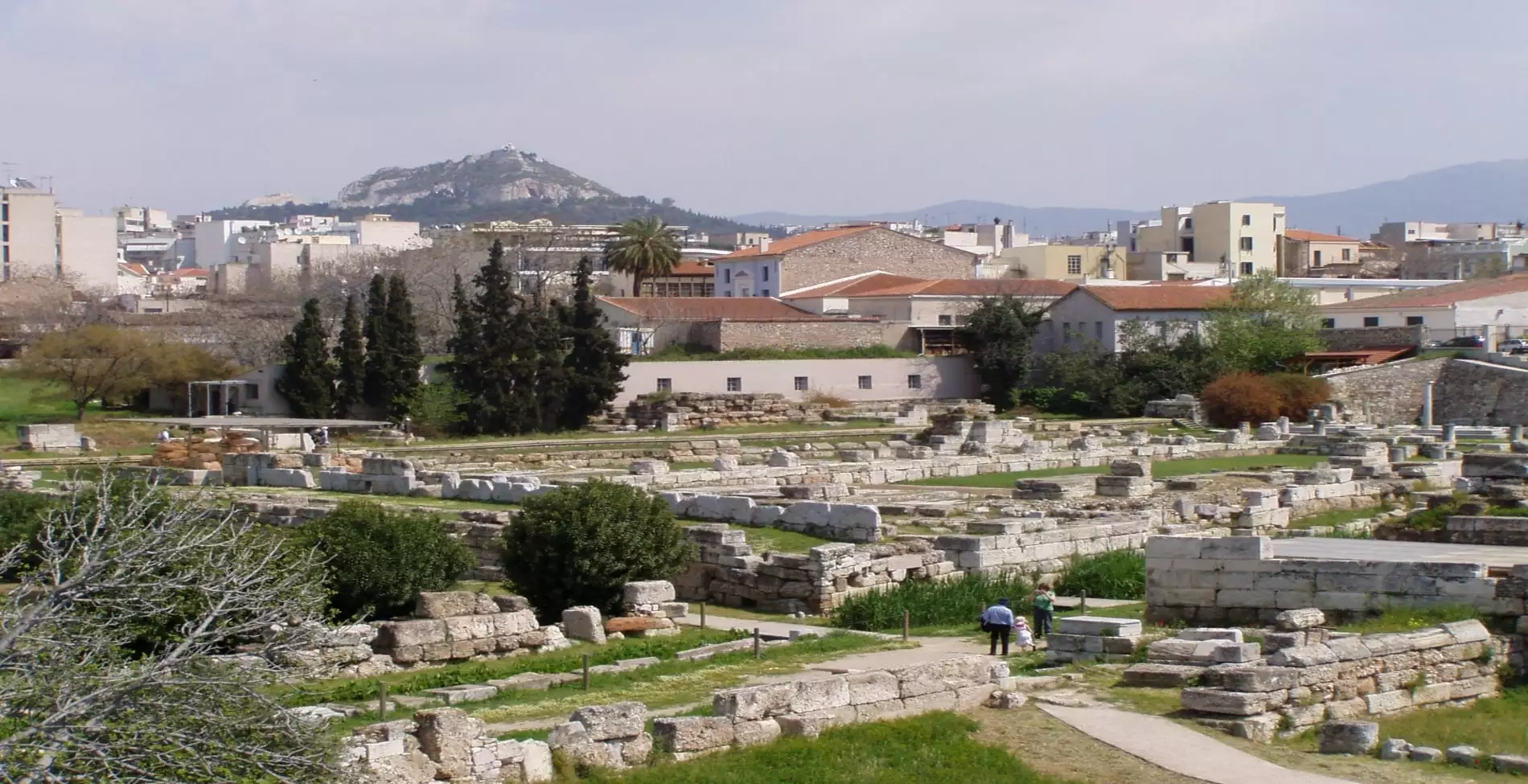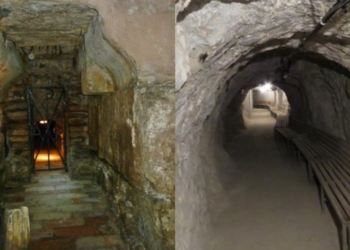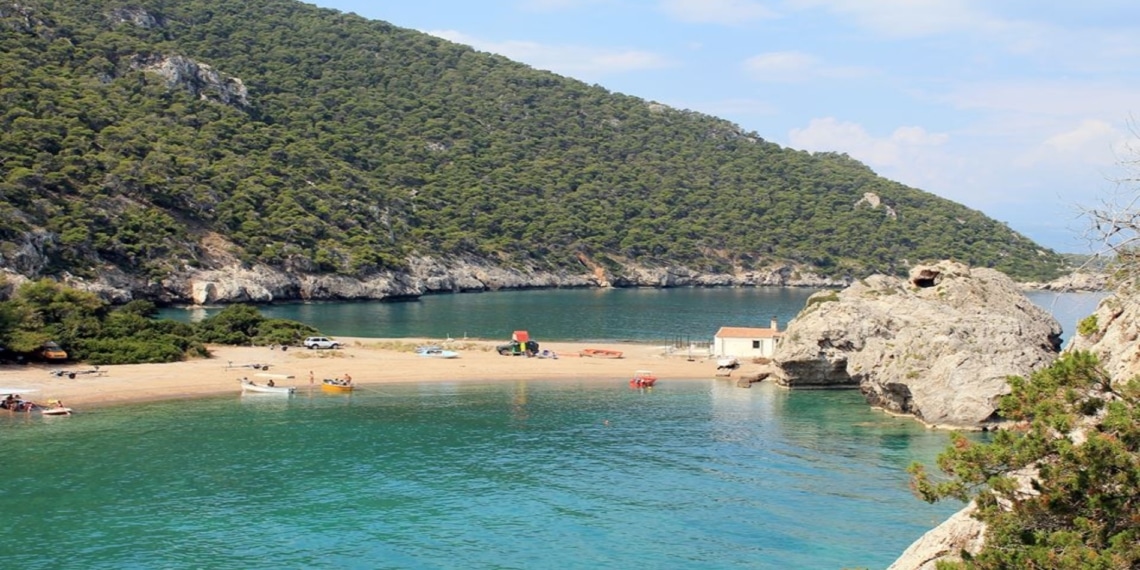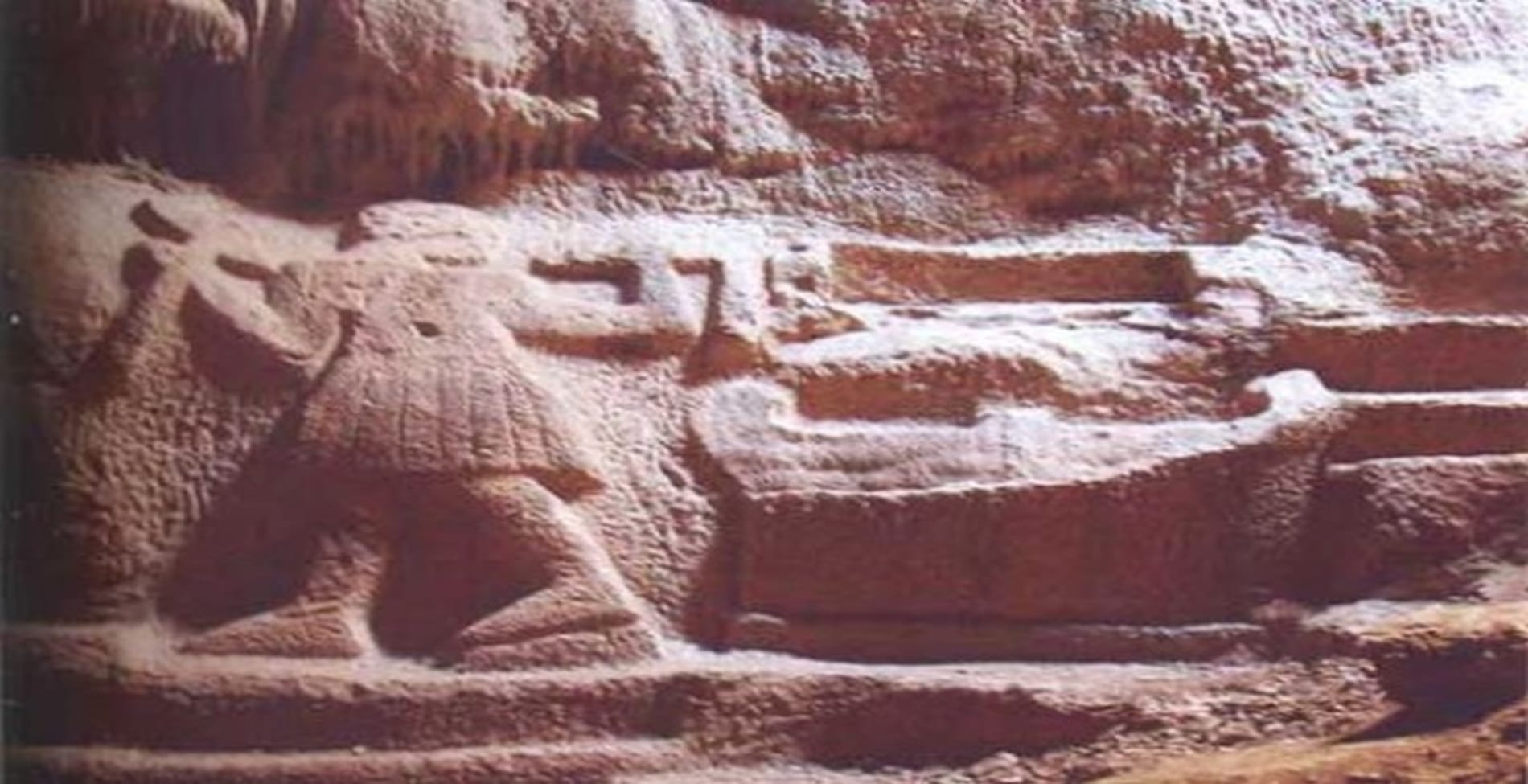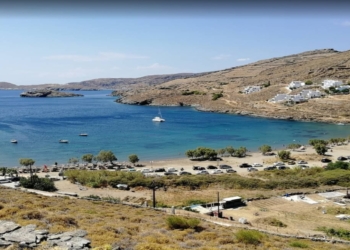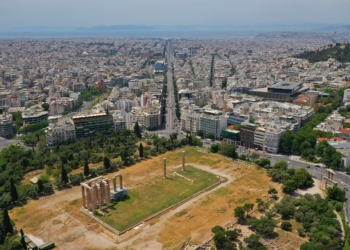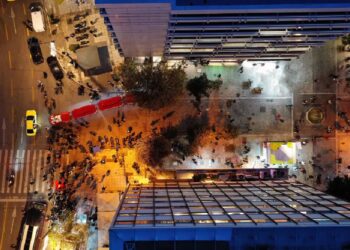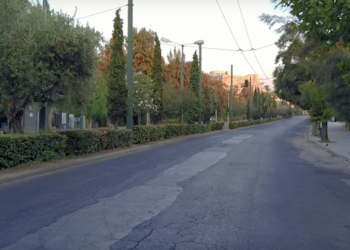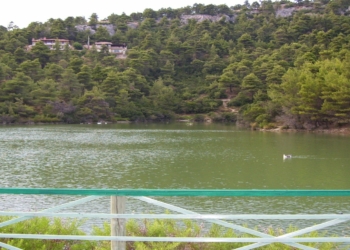There is a lot that makes Athens special and one of them is certainly its history. Its rich history from antiquity to the present day. Walking, in the city you will observe all around you these pieces of history especially in the summer months. They come together like pieces of a puzzle and help you take a journey through time. In the beautiful, ugly, easy and difficult times that the capital of Greece has lived. A visit one has to make is Kerameikos no doubt. This is a unique open-air museum in Athens.
Kerameikos and its history
First let’s find out where the name comes from. The truth is that this area was the main production site of the famous Attica amphora in the ancient times. It is of no coincidence that some of the most important jars and vessels of Ancient Athens were discovered there. Apart from this, it is the most important cemetery in Athens. Archaeologists discovered burial samples from the Hellenistic and Early Christian periods.
Kerameikos has given prominence to very important findings such as the famous shells. And we are talking about the ceramic pieces with which the well-known process of ostracizing Athenian citizens, such as Themistocles, took place.
Everything you need to know
Kerameikos is one of the 9 major archaeological monuments of the city. Within them are of course the Hadrian’s Library, the Acropolis, the Ancient Agora, and the Roman Market. It is the place you will meet as you take your walk on the pedestrian street from Asomaton (bodyless) Square to the area of Gazi (gass).
Kerameikos is without exaggeration a rare and impressive open-air museum of almost 40 acres. A museum that gives you free and generous views of unique works of sculpture, ceramics and traces of the ancient walls of Athens. However, if we are talking about the traffic or footfall it receives, it is the point of archaeological interest in Athens that many tourists and locals will not visit. A historical diamond that remains relatively unknown not only to foreign visitors but also to Greeks.
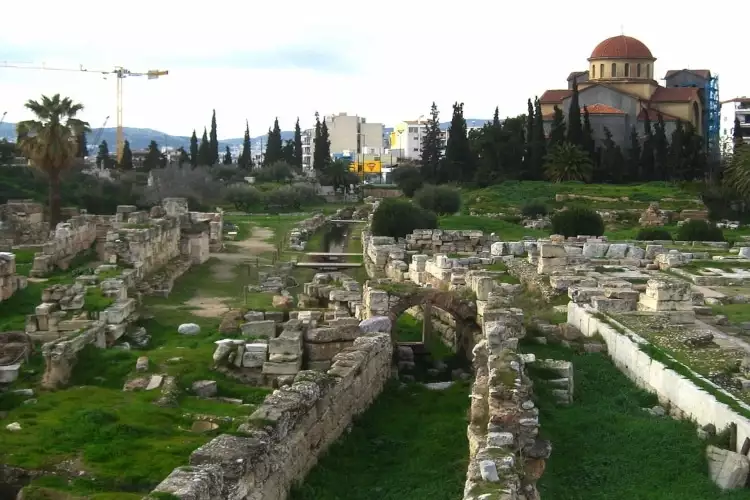
Photo Source: flickr
Apart from a leading archaeological site, Kerameikos has always been a rare habitat, and the Iridanos river that crossed it contributed greatly to this. Its waters, in addition to several other important reasons, were also used for workshops that existed there. Workshops mainly of ceramics from which it took its name no doubt.
A walk in the area
Kerameikos is proof that Athens has many treasures to show you, as long as you want to meet them. Taking a walk you will see flowered galleries and courtyards between monuments and ruins of all time, the zenith and the nadir. When you get there, of course, you’ll take a walk to the wider historic center. To the Plaka and Monastiraki districts. If you have all day at your disposal, it’s best to start at the Acropolis.
Walks in Athens take on another meaning when you discover all of its important places…
External photography source: DerHexer


